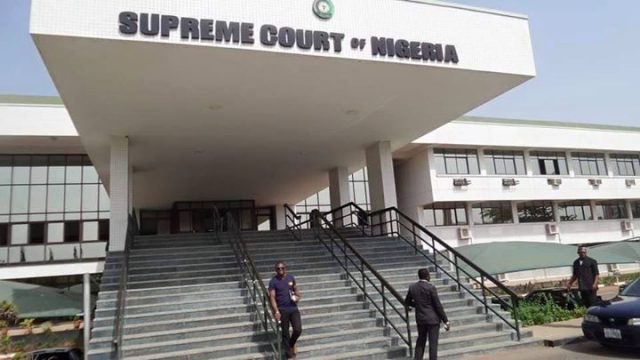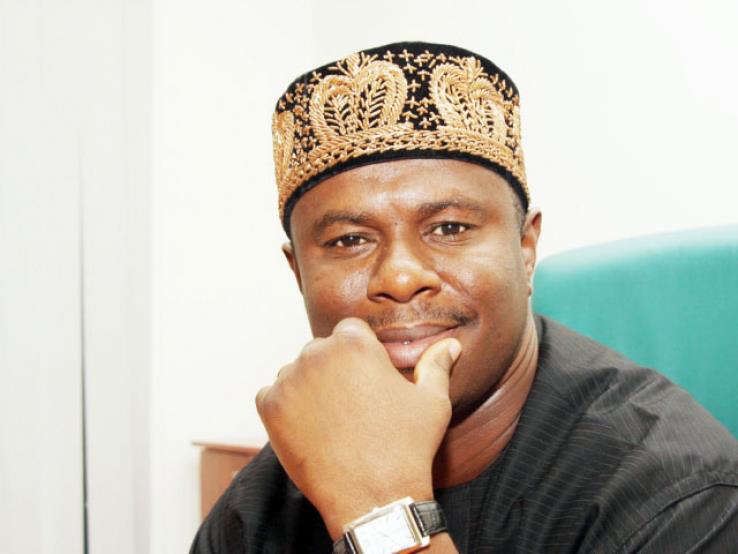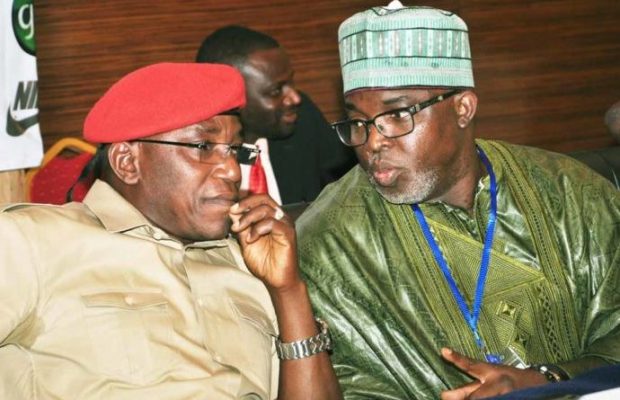BudgIT, a civic organisation for good governance, says the Supreme Court of Nigeria has opened up its budgetary spendings for 2015 and 2016, and the national assembly must do the same.
Following a Freedom of Information (FOI) request by Enough is Enough Nigeria (EiE) to the Supreme Court to disclose its financial details, the apex court provided details of its actual expenditure against the budgeted figures for the years 2015 and 2016.
“This is a welcome development towards achieving a proactive information disclosure culture. In a letter dated February 14, 2017, the Supreme Court acknowledged that it spent a capital vote of N2.265bn out of an appropriated sum of N2.3bn as at December 2016,” Seun Onigbinde, the BudgIT lead, said via a statement.
“The Supreme Court also acknowledged that N2.86bn was spent as overhead out of an appropriated sum of N2.88bn, representing 99.42%.”
Advertisement
Onigbinde said statutory allocation to public institutions between 2013 and 2016 have gulped a total of N1.523 trillion with little or no information about how the funds were utilised each year.
“N535bn was allocated for the National Assembly within this period and legislators have failed to open up their books to the public. Other agencies such as Independent National Electoral Commission (INEC), National Judicial Council (NJC), collecting the statutory allocations are identified with similar cases of opacity except the Niger Delta Development Commission (NDDC) which recently published its budget online.
“While the Supreme Court has responded to the call for transparency on actual spending, the National Assembly has refused access to such information despite multiple assurances from the leadership of the National Assembly.
Advertisement
“The National Assembly’s refusal to be transparent is particularly disturbing because members are elected by citizens and are to represent their interests. Furthermore, the National Assembly, as the legislative arm of government, is supposed to provide oversight function over the executive and this will be very difficult to do when it continues to refuse to be accountable.
“We expect the National Judiciary Council, Public Complaints Commission, and other agencies under the statutory allocation agencies to cultivate a transmittable, and functioning system of openness, accountability and public inclusion in their activities.”
BudgIT and EiE Nigeria have called for transparency in the national assembly since 2013 with little or no results.
“The National Assembly, a helm of law and order and the supposed symbol of governance, is yet to provide details of its annual budget in 2016,” the statement read.
Advertisement
“Advocacy to ensure the public knowledge of how the National Assembly spends tax payers funds will not cease. We believe that a functional society is one which takes into highest regard citizen engagement and participation in all areas.
“We also believe that information dissemination is paramount and crucial to sustainable development and democracy. We implore the citizens to also continually demand accountability from those in charge of their funds and keep them on their toes to ensure that governance works for all Nigerians, not a few.”
Add a comment







